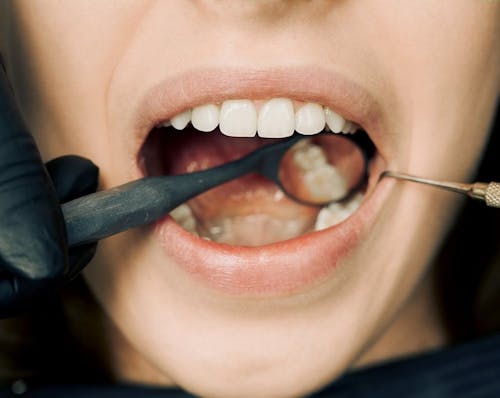Oral Health Myths: Debunking Common Misconceptions!
Many common beliefs about oral health are misleading or flat out incorrect. This article explores prevalent myths surrounding dental care, exposing the truths behind them and guiding you towards better oral health practices. Understand what's real and what's not to enhance your dental wellness.
Myth vs. Reality: Common Misconceptions in Oral Health
There are numerous myths regarding oral health that can mislead individuals into believing false narratives. One of the most common misconceptions is that if you have no pain, your oral health is fine. However, many issues, such as cavities or gum disease, can progress without noticeable symptoms. This highlights the importance of regular dental check-ups, even when everything seems fine. Another prevalent myth is that whitening treatments are harmful to teeth, when in reality, many products are designed to be safe. Educating oneself about oral health can unveil these misconceptions and emphasize the importance of maintaining good practices.
Brushing Techniques: Separating Fact from Fiction
Many people believe that brushing harder results in cleaner teeth, when in fact it might lead to enamel wear and gum irritation. The correct brushing technique involves gentle, circular motions rather than aggressive scrubbing. Another myth is that you should brush immediately after eating sugary foods. It’s best to wait at least 30 minutes, allowing saliva to neutralize acids first. Moreover, many think that all toothpastes are equal; however, some formulas contain specific ingredients that cater to different needs like sensitivity or whitening. Understanding these nuances is essential for effective oral health maintenance.
Flossing: Still a Debatable Topic?
There are myths surrounding the necessity and technique of flossing. Some individuals believe that mouthwash can replace flossing, but mouthwash alone cannot remove plaque and debris between teeth effectively. Additionally, there’s a notion that flossing is painful, leading many to skip it. However, proper flossing techniques, when performed correctly, should not cause discomfort. Consistently using dental floss can significantly contribute to oral health, helping prevent gum disease and cavities. Thus, dispelling myths around flossing is crucial for reinforcing this beneficial practice.
Diet and Oral Health: What You Should Know
Diet plays an essential role in oral health, yet many misconceptions persist. People often assume that sugar-free products are completely safe for their teeth. However, many sugar-free candies and drinks still contain acidic components that can harm enamel. Additionally, the belief that certain foods, like apples, can replace brushing is a false equivalency. While apples do promote saliva production, they cannot substitute for proper dental hygiene. Understanding these dietary myths can lead to healthier choices that genuinely support oral health.
Regular Dental Visits: A Critical Factor
Some believe that regular dental visits are not necessary if they maintain a good oral care regimen at home, which is misleading. Professional evaluations ensure that hidden problems are addressed early, and cleanings remove plaque build-up beyond regular capabilities. Another myth is related to dental X-rays; some think they are harmful, while modern technology minimizes risks significantly. Thus, recognizing the importance of professional care is vital for sustaining good oral health.
Educational Resources: Your Best Ally in Oral Health
Combatting oral health myths requires effective education and resources. Engaging with reliable materials, such as dental association websites and trusted health organizations, can provide accurate information. Community programs focusing on oral health education offer vital insights. Moreover, consulting with dental professionals allows individuals to clarify any doubts regarding oral health practices. Utilizing these resources can empower individuals to make informed decisions, enhance their oral health, and foster a culture of wellness.
